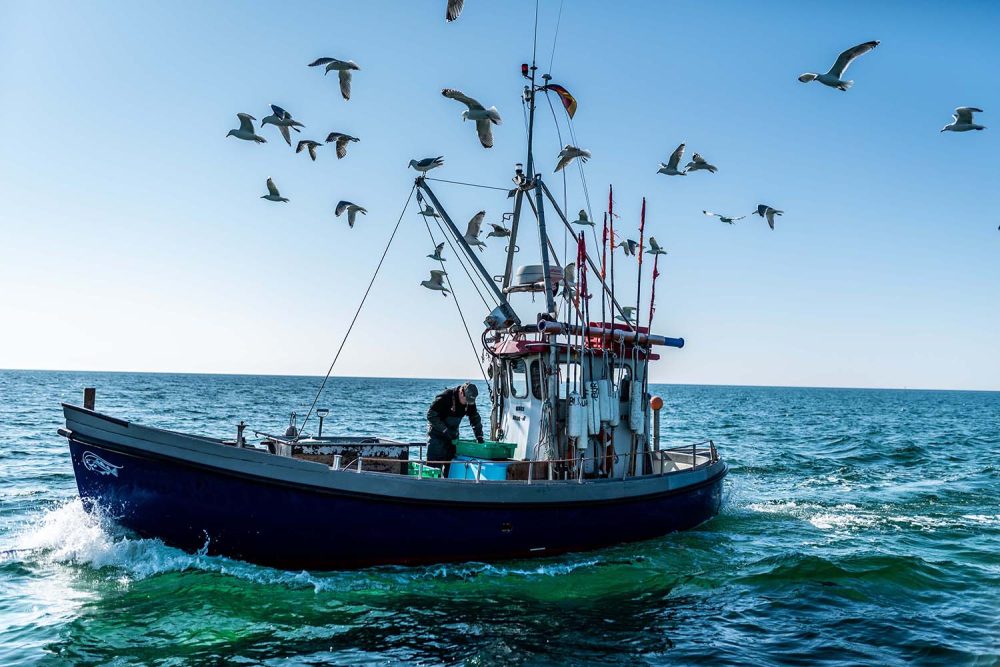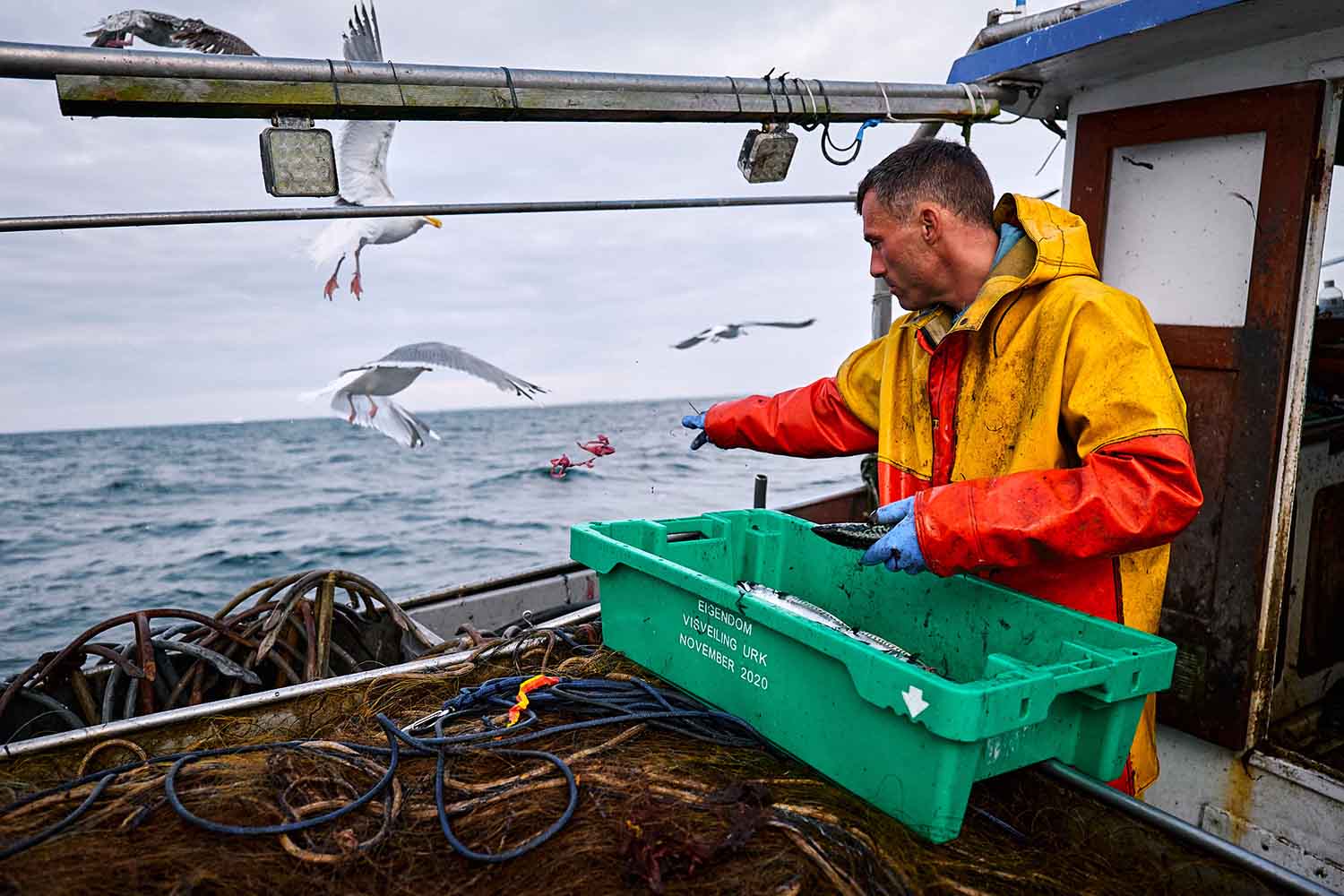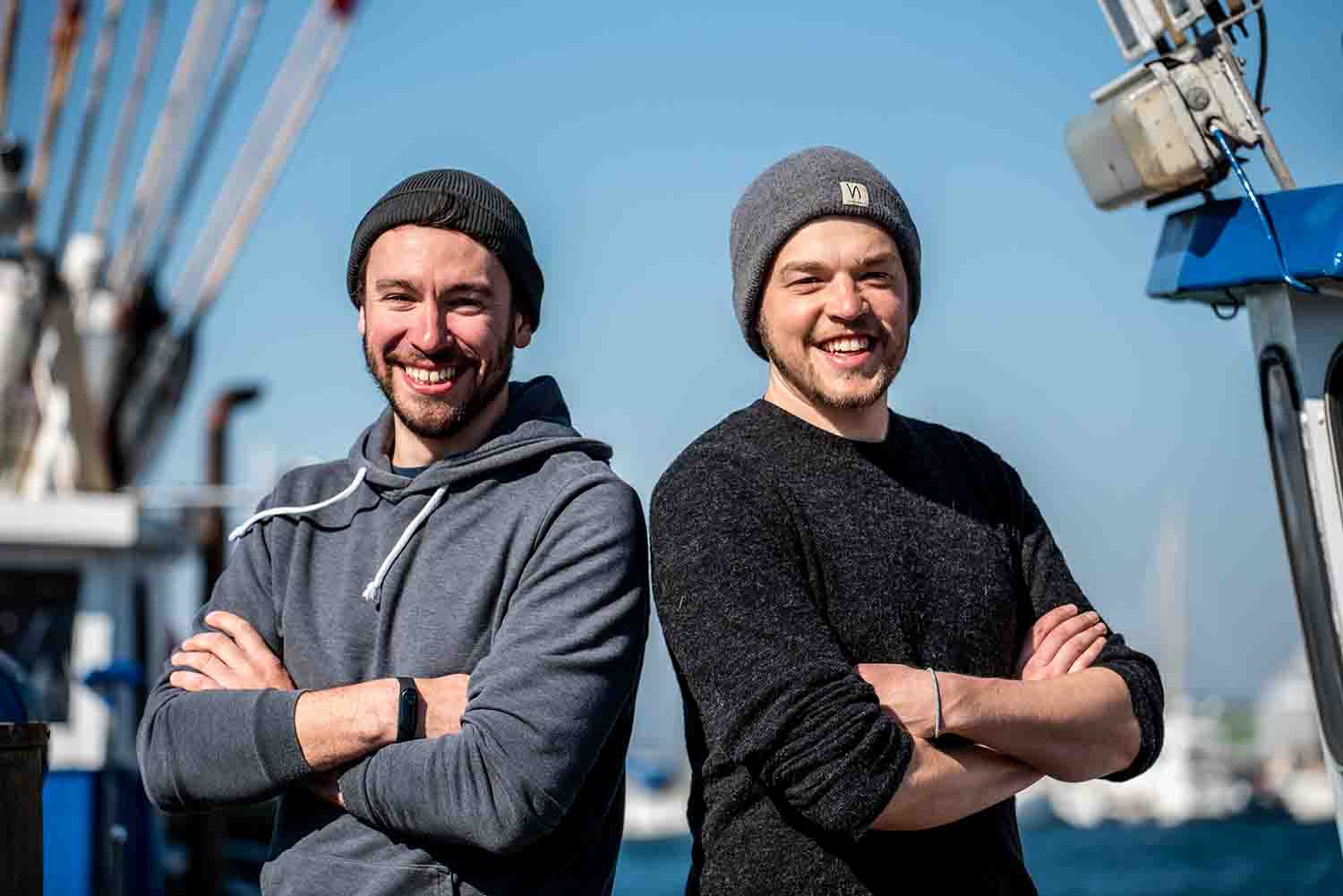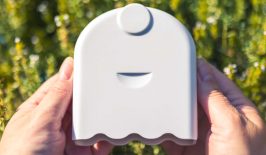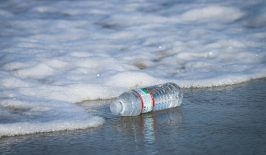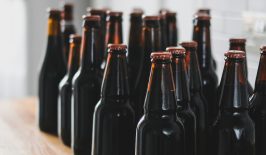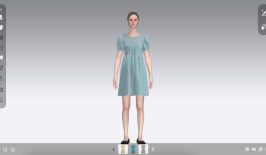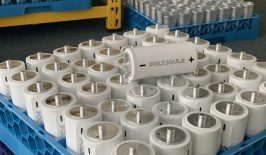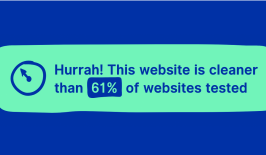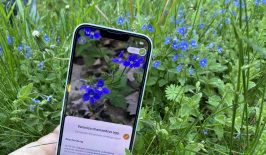When we buy seafood in the supermarket, it comes from two sources: commercial fishers or aquafarms, where fish are raised in huge tanks. As there have been no fish auctions in Germany since the 1980s, these fish have already travelled through several countries before being sold—even if they were originally caught on German coasts. This increases the CO2 emissions of the food by the time it arrives on our shelves. In addition, fishing itself has a strong negative impact on our environment.
It has been clear for decades that overfishing is causing biodiversity in our oceans to shrink. According to information from Greenpeace, 90 percent of global fish stocks are endangered. And yet the fishing industry is growing rapidly worldwide. Fish farming in aquacultures is also rarely a sustainable alternative, as it produces vast amounts of wastewater. At the same time, many edible fish from aquafarms are fed with smaller fish, which in turn are caught in the wild.
It is therefore particularly difficult to buy really fresh and sustainable fish in Germany. The Hamburg-based startup Frisch Gefischt aims to address this issue through the introduction of an online platform.
But what does it take to make fishing more sustainable?
How does sustainable fishing work?
During our conversation, Andreas Reinhardt, Managing Director of Frisch Gefischt, told us that his company works exclusively with local fishermen from the North and Baltic Seas. The company deliberately avoids using certificates such as the MSC seal for wild-caught fish. “We don’t have much faith that certificates are the right way to go. MSC, for example, doesn’t care about the fishing method.”
The assurance that the fishing methods used are actually sustainable is obtained through personal contact and by checking catch reports and other protocols. “You can see it on the boats,” says Reinhardt, explaining that trolling boats have structures that flush out the fish before they are caught. And it is precisely against the use of this fishing method that the fishermen who work with Frisch Gefischt are committed.
This is because bottom trawls have been criticised for years, as their use destroys the sensitive ecosystems on the seabed. Fishing boats equipped with these nets drag nets across the seabed and collect the marine animals they scare up. In doing so, they damage sensitive coral reefs and marine plants or destroy them completely. This in turn deprives fish and other marine life of habitats and protection.
In addition, the methods used result in large quantities of bycatch. Bycatch refers to fish that cannot be utilised commercially. This is a major problem, as it is estimated that 40 percent of the fish caught are thrown back into the sea dead or severely weakened after being accidentally caught. Fishermen can significantly reduce the amount of bycatch by using more careful fishing methods. However, there are also creative solutions such as the use of LED warning lights on fishing boats.
In addition to advocating for sustainable fishing methods, Frisch Gefischt also underscores the significance of suppliers monitoring seasonal fish stocks during the catching process. If stocks are deemed too small, the necessary time for regeneration is allowed. Consequently, the specific type of fish is temporarily unavailable in the online shop.
Modelled after the farm-to-table movement
To make communication between fishermen and customers as transparent and simple as possible, Frisch Gefischt has developed an online platform.
Immediately after the boats are unloaded, employees take an inventory of the catch in the online system. Restaurant owners or any other customers can then immediately see which goods are currently available. Frisch Gefischt transports the caught fish in its own cool boxes to the cold store in Hamburg’s Sternschanze. From there, the company ships the orders to various locations in Germany. The start-up is modelled after the farm-to-table” movement and reduces the delivery time to one to two days.
This means that the food on offer is not only fresher than other products from wholesalers or supermarkets. The elimination of intermediate trade also shortens delivery routes. This allows Frisch Gefischt to avoid the problem of high CO2 emissions caused by fish auctions from abroad. It also enables the company to pay better wages to the fishermen.
At the moment, Frisch Gefischt is still primarily focused on corporate customers such as restaurants and market stall operators. However, Andreas Reinhardt told us that his team is currently working on a platform for private customers. The sustainable products are then expected to be available in private households for the winter business.
